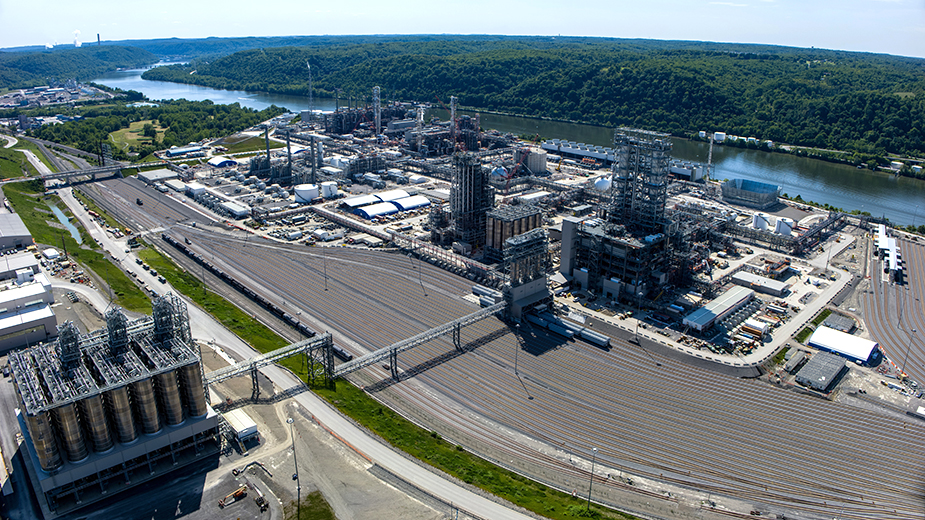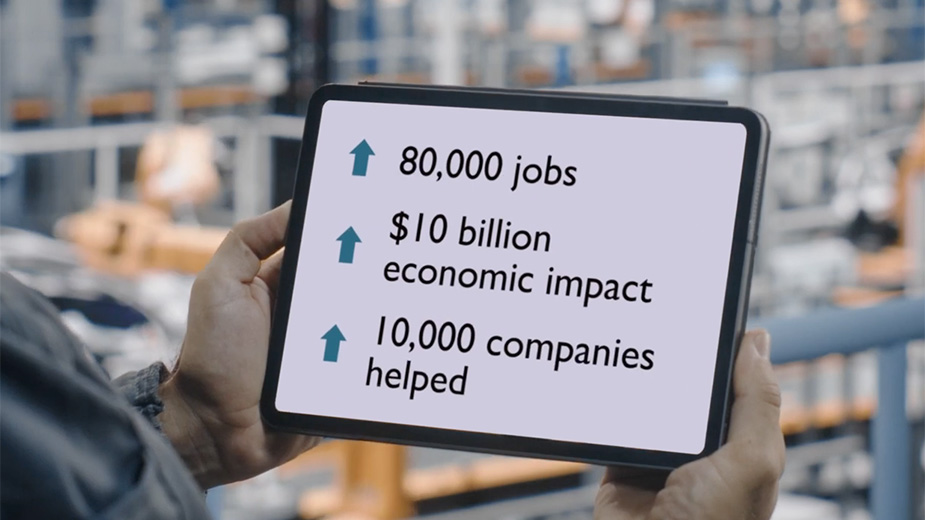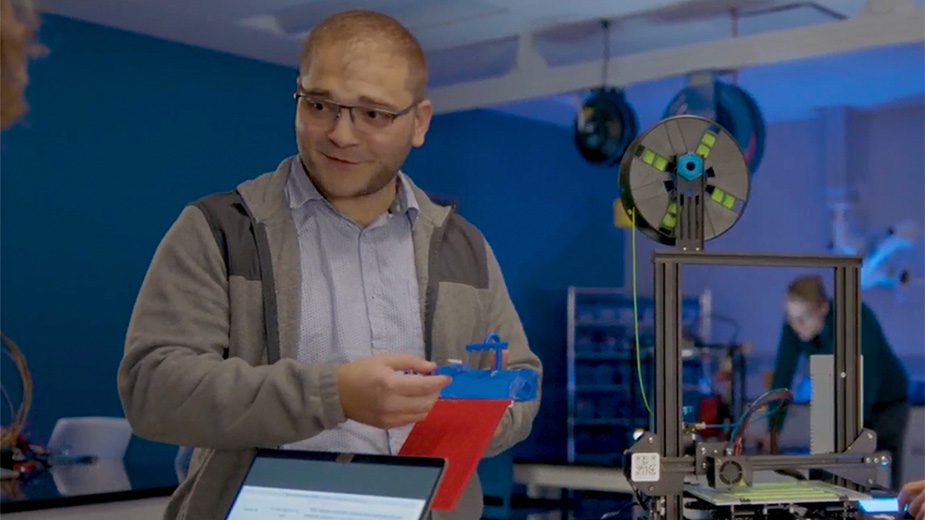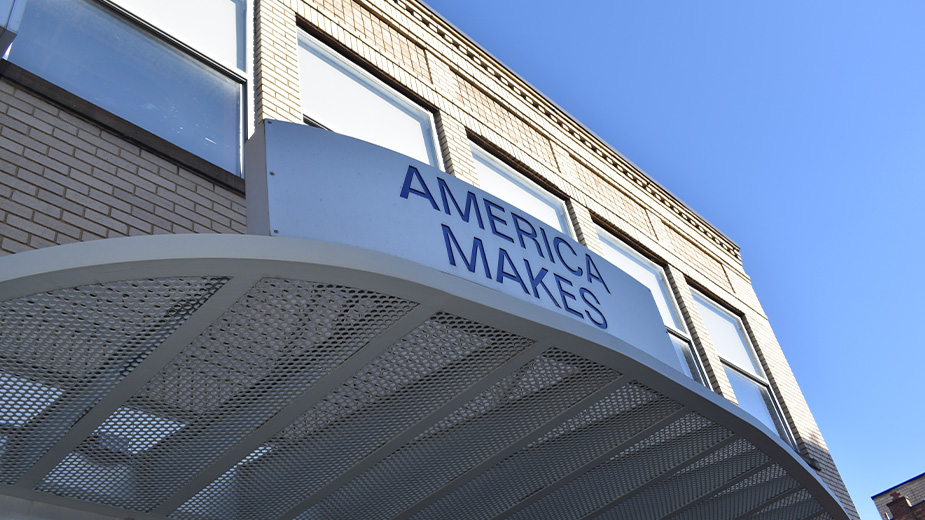Shell Cracker to Pay $10M for Violating Environmental Standards
MONACA, Pa. – Shell Chemicals Appalachia LLC has agreed to pay nearly $10 million to the Pennsylvania Department of Environmental Protection and the local communities impacted by the company’s sprawling petrochemical complex along the Ohio River.
Gov. Josh Shapiro said Wednesday that his administration and the Pennsylvania DEP have entered into a consent order and agreement with Shell that stipulates the company pay a civil penalty of $4,935,023 to the DEP for exceeding total air emissions standards.
Twenty-five percent of the civil penalty would be directed to help communities in Potter and Center townships in Beaver County, the governor’s office said.
Shell will spend another $5 million on environmental projects to benefit those communities, according to Shapiro’s office. In all, $6.2 million will be spent on projects benefiting communities near the Shell plant.
“Pennsylvanians have a constitutional right to clean air and pure water, and my administration will hold all companies – no matter how big or small – accountable when they violate the laws and regulations protecting our air and water,” Shapiro said. “Shell recognizes that as a company, it must do better, and this $6.2 million commitment to the people of western Pennsylvania is a down payment on that progress.”
Under the consent agreement, Shell formally acknowledges that its petrochemical plant exceeded total emissions limitations for air contaminants and has agreed to make repairs to reduce future excessive emissions, the governor’s office said.
Shell suspended ethylene and polyethylene production at the plant on March 25 to make upgrades and repairs to the massive plant. Production is expected to resume today.
Shell has agreed to pay additional monthly civil penalties for the rest of 2023 should it exceed air quality limits in the future.
The agreement resolves any current air quality violations associated with the ethane “cracker” plant.
“Shell is committed to complying with all county, state and federal regulations,” Shell spokesman Curtis Thomas said in a statement. “We have worked in conjunction with the PaDEP to fix plant issues that led to prior violations.”
Thomas said the petrochemicals plant has made “significant improvements” and is resuming production.
“We’ve learned from previous issues and pledge to be the safe environmental steward, good neighbor, and business partner this region wants and deserves,” he said.
“We know that Shell can operate a state-of-the-art facility that helps grow our economy without harming the environment, and we are going to hold them to the requirements laid out in their permits,” said Rich Negrin, acting secretary of the DEP. “We are going to make sure that they are good neighbors to this community, and we will be hearing from and working closely with the residents of Beaver County to make sure this $5 million is an investment into the community and the people that live there.”
Shell exceeded its rolling 12-month total emission limitations for volatile organic compounds beginning in October 2022 through April 2023, carbon monoxide from February through March 2023, nitrogen oxides from December 2022 through April 2023, and hazardous air pollutants from December 2022 through April 2023.
Shell attributed some of these emissions to malfunctions and anticipates it will exceed its 12-month total emission limitations during the commissioning phase into autumn 2023, but not during normal operations, the governor’s office said.
In addition to emission limit violations, DEP cited Shell for flaring violations from June 2022 through April 2023, malodor violations from its wastewater treatment plant in January, February and April 2023, and other violations from July 2022 through April 2023.
The agreement requires Shell to obtain approvals to repair its totally enclosed ground flares, get an engineering evaluation on the efficacy of pollution controls, and obtain approvals to install any additional controls. Shell will also continue to report emissions from the facility on a monthly basis.
The plant uses ethane from a vast shale gas reservoir underneath Pennsylvania and surrounding states to make polyethylene, a plastic used in everything from consumer and food packaging to tires. At full capacity, the plant is expected to produce 3.5 billion pounds (1.6 billion kilograms) of polyethylene annually. Shell had projected to spend $6 billion on the refinery, which took years to build.
Environmental advocacy groups had fought the plant and predicted that it would generate more plastic pollution, as well as compounds that form smog and planet-warming greenhouse gases. The Clean Air Council filed suit against Shell earlier this month.
Environmentalists likened the penalty announced Wednesday to a parking ticket that would have little impact on Shell’s bottom line.
“The overwhelming and toxic pollution residents have been exposed to has already harmed this community — there is no price tag that will allow for this to be acceptable,” said Andie Grey, who lives 3 miles (4.8 kilometers) from the Shell plant and is part of the Eyes on Shell watchdog group.
Grey said “there is ample evidence Shell has no desire to protect this community.”
Shell CEO Wael Sawan had cast the problems as expected “technical niggles.”
The plant’s startup phase has “been slower than we would have hoped for,” Sawan said on a conference call with analysts earlier this month. “But the team is dong a great job battling with some of the obvious technical niggles that startups typically have.”
The Associated Press contributed to this story.
Pictured at top: The Shell ethane “cracker” plant sits on 800 acres along the Ohio River.
Copyright 2024 The Business Journal, Youngstown, Ohio.



